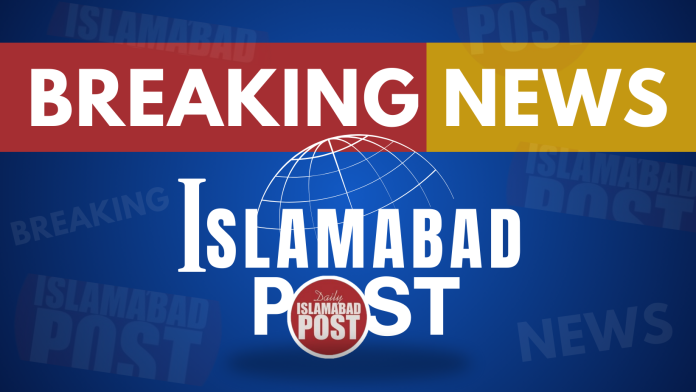Efforts are afoot to take PTI on board as well; the national government may replace the incumbent Shehbaz regime; PPP, Maulana Fazl tirade against government is not without a purpose
Ansar Mahmood Bhatti
ISLAMABAD: In an effort to achieve political stability, the Establishment is reportedly advocating for the formation of a national government inclusive of all political parties. As part of this initiative, pro-Establishment politicians, including Sheikh Rashid and Fawad Chaudhry, have been granted access to PTI founder Imran Khan, whom they met at Adiala Jail last week.
Following his meeting with Imran Khan, Fawad Chaudhry—who previously served as Information Minister during the PTI government—voiced support for the creation of a national government. However, he refrained from providing specifics about how such a government would be formed or who would lead it.
Another vocal advocate of the Establishment’s perspective, Faisal Vawda, who served as Minister for Water and Power during the PTI tenure, has predicted that the Shehbaz Sharif-led government may not last much longer. According to Vawda, the current administration has failed to deliver on its promises, leaving it with little justification to remain in power.
Meanwhile, JUI-F Chief Maulana Fazl-ur-Rehman and PPP Chairman Bilawal Bhutto Zardari appear to be gearing up for a showdown with the government. Bilawal, ostensibly critical of the federal government’s lack of commitment to equitable resource distribution among the provinces, harbors deeper frustrations. When the Shehbaz government was initially installed, Bilawal was reportedly assured that he would be appointed Prime Minister after two and a half years.
However, given the current political dynamics, Bilawal’s aspiration to become the country’s Prime Minister seems increasingly uncertain. He may not align with the preferences of the influential actors shaping the country’s political landscape.
Meanwhile, sources indicate that one of the proposals presented to Imran Khan involves holding early elections after three to three and a half years. Until then, he has been urged to participate in the political process and adopt a more conciliatory approach. In response, Imran Khan has reportedly put forth two key demands: the release of all political prisoners and the establishment of a judicial commission to investigate the events of May 9. Notably, he seems to have softened his previous stance, which labeled the incumbent government as illegitimate and demanded the restoration of his mandate. This shift suggests a significant change in his political strategy.
The concept of a national government may seem innovative, but it is largely impractical. The challenge lies in uniting political forces with deeply divergent views on both domestic and international issues, making consensus and effective governance nearly impossible.

















